- Home
- UFAI in the News
- UFAI in Print
- 49ers' Crabtree 'amazing' Achilles recovery
49ers' Crabtree 'amazing' Achilles recovery
- Published 1/8/2014
- Last Reviewed 3/8/2022
...it's astounding that he's at that elite level. It's a real testament to his willpower and his mental prowess. To go up and catch a ball, knowing that you're going to get hit and you're going to come down on one leg that had a torn Achilles less than eight months ago? These guys are off the charts.

As a 49ers fan and a physician, Dr. Bob Baravarian watched wide receiver Michael Crabtree through a different prism than most of the faithful did Sunday.
In his sixth game back from a torn Achilles tendon, Crabtree had season highs with eight catches and 125 yards in the 49ers' 23-20 wild-card win at Green Bay. The performance suggested Crabtree was close to his pre-injury form just 228 days removed from surgery.
Baravarian's assessment: "I think it's amazing."
Baravarian, a foot and ankle surgeon, isn't stunned by the medical side of Crabtree's recovery but by the wideout's mental toughness. Medical advances in the past decade have made it common for professional athletes to return from Achilles tears in about six months, which Crabtree did when he made his 2013 debut Dec. 1.
However, it often takes several more months for elite athletes to regain a pre-injury performance level, partly because of mental hurdles. It takes time, for example, to trust that a recently shredded Achilles is stable enough to withstand sudden changes of direction at high speed.
On Sunday, Baravarian marveled as Crabtree had the second most receiving yards of his 69-game career and matched his fifth-highest reception total. To his eyes, Crabtree is already playing fearlessly.
"These guys, a lot of times, are healed, but mentally they have to be at an elite level," said Baravarian, who works at Saint John's Health Center in Santa Monica. "And Crabtree, it's astounding that he's at that elite level. It's a real testament to his willpower and his mental prowess. To go up and catch a ball, knowing that you're going to get hit and you're going to come down on one leg that had a torn Achilles less than eight months ago? These guys are off the charts."
On Sunday, the Panthers will get their first look at Crabtree this season when the 49ers visit Carolina in a divisional playoff game. Crabtree was sidelined when the Panthers won 10-9 on Nov. 10, and the 49ers had a season-low 151 yards.
Crabtree's recent performance has fueled optimism that the 49ers are in the midst of a run to their second straight Super Bowl. After averaging 51 yards in his first three games, he's posted two of his eight career 100-yard performances in the past three weeks.
"When he first came back he was a little limited, but as the weeks continue to go by, he's gotten better and better," tight end Vernon Davis said. "And his mind-set - it's all a mind-set - and he's very strong mentally when it comes to playing this game."
Indeed, East Carolina offensive coordinator Lincoln Riley, who was Crabtree's position coach at Texas Tech, isn't surprised by his former pupil's recovery. Based on experience, Riley already appreciated Crabtree's toughness. As a redshirt sophomore in 2008, Crabtree played his final six games with a stress fracture in his foot but still won his second straight Biletnikoff Award as the nation's top receiver.
Five years later, when Riley reached out in the days following Crabtree's Achilles surgery, he immediately recognized that Crabtree was unfazed by the arduous road ahead.
"Mike's just so mentally strong - he's just wired differently than a lot of guys," Riley said. "We didn't even talk about (the injury) because for him I don't even think that was a huge concern. It was like, 'Of course I'm going to come back. Of course I'm going to be even better. Why would I even think otherwise?' "
Riley believes Crabtree's unwavering self-belief helps explain his elevated performances in high-stakes games. In college, playing with that stress fracture, he had a season-high 10 catches for 127 yards and caught a 28-yard touchdown with one second left to beat No. 1 Texas, 39-33, on Nov. 1, 2008.
In his past four playoff games, Crabtree has 28 catches, 410 yards, three touchdowns and three 100-yard performances. Last week, on the game-winning drive at Green Bay, he reached back in traffic for a 17-yard catch on 3rd-and-10 with just over four minutes left.
"Even when you're talking about the NFL where there are so any outstanding players, there's a lot of guys out there that don't mind being a little bit involved, but they don't necessarily want it all on their shoulders," Riley said. "Michael's always been a guy that when the stakes were at their highest, when we had to have a play, not only was he not afraid of the moment, he embraced it. He loved that part of it."
On Tuesday, Riley was making tentative plans to see Crabtree on his latest high-pressure stage. He might travel to Charlotte to see Crabtree play in person for the first time since he arrived in the NFL in 2009.
In Southern California, Baravarian will watch from afar, as a fan and a physician, to see if Crabtree can maintain a level he's achieved thanks to modern medicine and mental toughness.
"What's very, very dramatic is the fact that he's back at an elite level at eight months," Baravarian said. "That sometimes can take anywhere from an additional four to six months to get back to the point where you're really kind of kicking butt. And he's doing that."
 Dr Bob is the best! Very conservative and makes sure all options done before jumping into a surgery....Jennifer S.
Dr Bob is the best! Very conservative and makes sure all options done before jumping into a surgery....Jennifer S. Keep doing such amazing workAngel C.
Keep doing such amazing workAngel C. The referrals came through quickly and they called me to book an appointment for physical therapy which nobody else does!Catriona D.
The referrals came through quickly and they called me to book an appointment for physical therapy which nobody else does!Catriona D. Good.Lisa E.
Good.Lisa E. ExcellentRichard A.
ExcellentRichard A. I am giving a honest review of my experience with Dr. Bavarian. And staff, I went there for plantar fasciitis in severe pain, ...Lynette N.
I am giving a honest review of my experience with Dr. Bavarian. And staff, I went there for plantar fasciitis in severe pain, ...Lynette N. I like him and will
I like him and will
Recommend him to friendsMaureen K. Doctor is very personable and agreeable. Great professional.Joel C.
Doctor is very personable and agreeable. Great professional.Joel C. Dr. Nalbandian is the best. I had shots in both ankles and she was so very gentle. Very warm and friendly.Michelle G.
Dr. Nalbandian is the best. I had shots in both ankles and she was so very gentle. Very warm and friendly.Michelle G. Thorough, competent and my Feet are feeling better. I valued the shoe recommendations too.Nancy R.
Thorough, competent and my Feet are feeling better. I valued the shoe recommendations too.Nancy R. Very pleased with UFAIVirginia H.
Very pleased with UFAIVirginia H. I had been to another podiatrist for plantar fasciitis and it went of for a year with no relief and painful continuous injectio...Gabe T.
I had been to another podiatrist for plantar fasciitis and it went of for a year with no relief and painful continuous injectio...Gabe T.
-
 Listen Now
15 Summer Foot Care Tips to Put Your Best Feet Forward
Read More
Listen Now
15 Summer Foot Care Tips to Put Your Best Feet Forward
Read More
-
 Listen Now
Is Bunion Surgery Covered By Insurance?
Read More
Listen Now
Is Bunion Surgery Covered By Insurance?
Read More
-
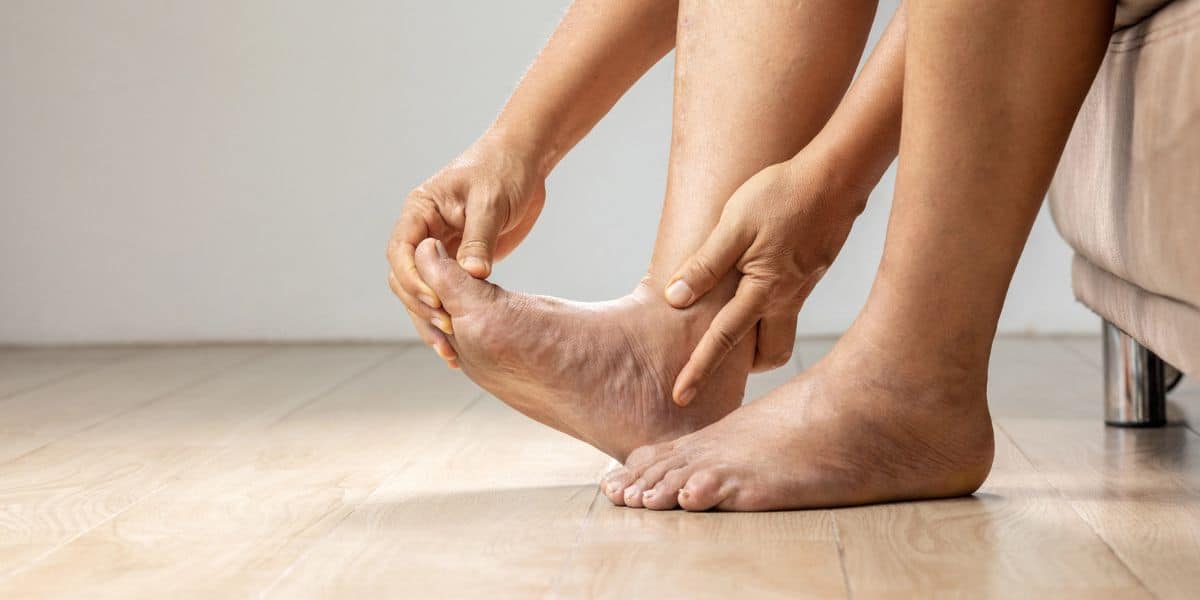 Listen Now
Top 10 Non-Surgical Treatments for Morton's Neuroma
Read More
Listen Now
Top 10 Non-Surgical Treatments for Morton's Neuroma
Read More
-
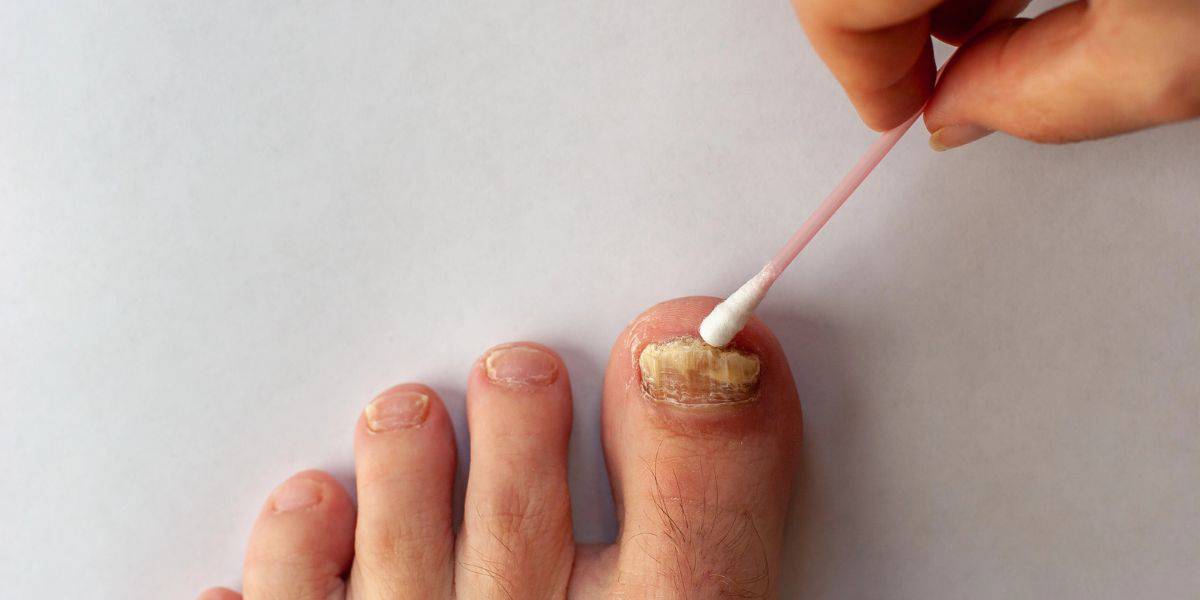 Listen Now
What To Do When Your Toenail Is Falling Off
Read More
Listen Now
What To Do When Your Toenail Is Falling Off
Read More
-
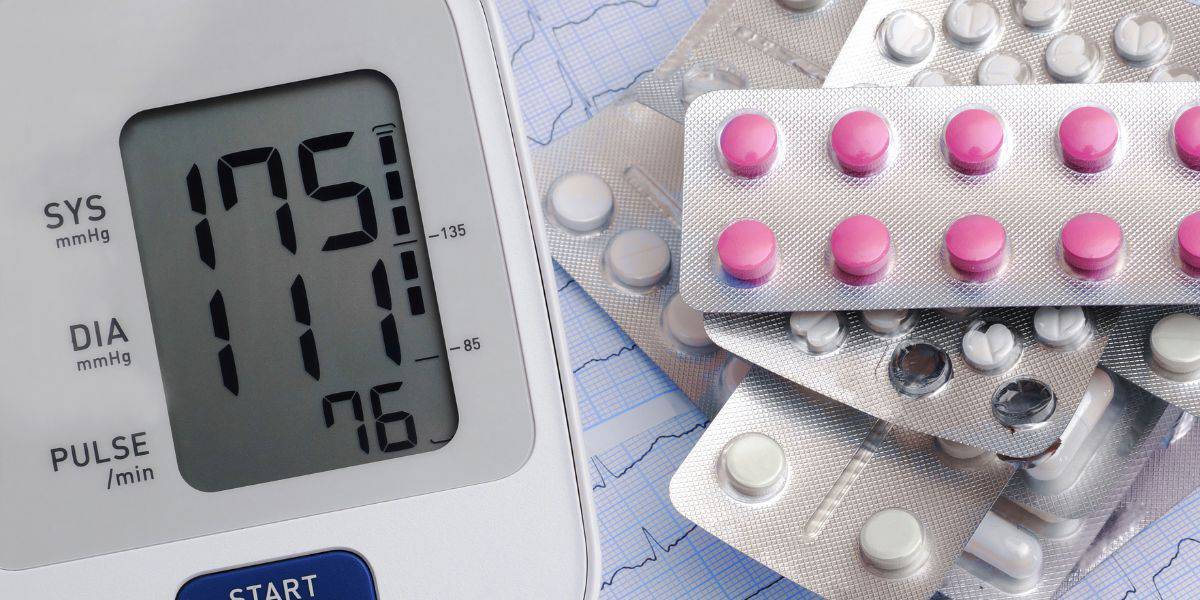 Listen Now
Do Blood Pressure Medicines Cause Foot Pain?
Read More
Listen Now
Do Blood Pressure Medicines Cause Foot Pain?
Read More
-
 Listen Now
Bunion Surgery for Seniors: What You Need to Know
Read More
Listen Now
Bunion Surgery for Seniors: What You Need to Know
Read More
-
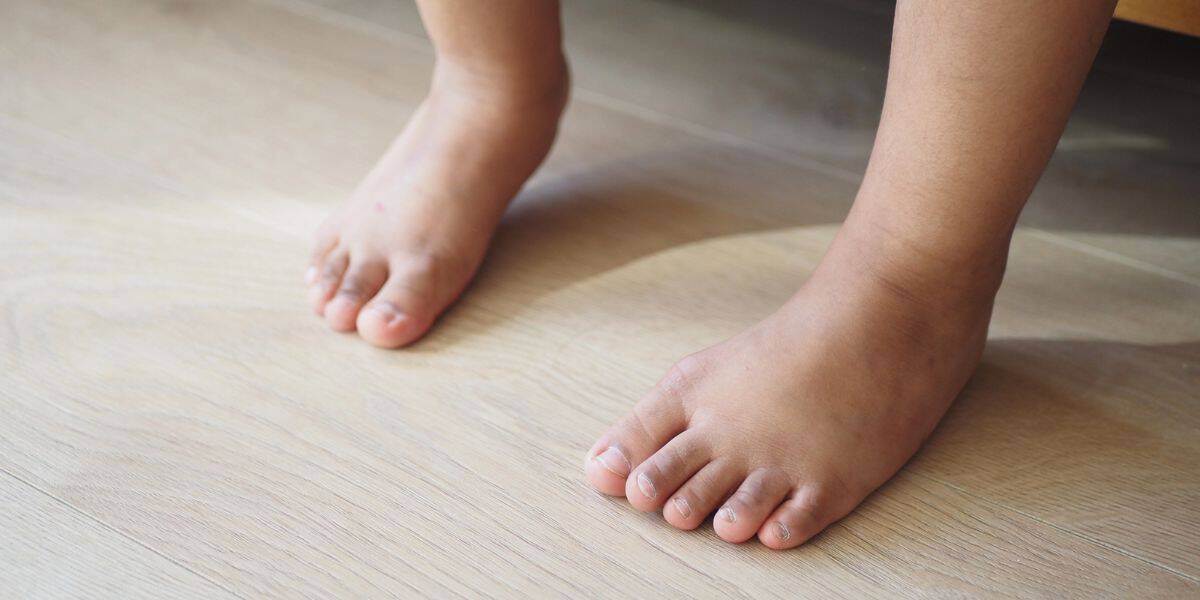 Listen Now
Pediatric Bunion Surgery
Read More
Listen Now
Pediatric Bunion Surgery
Read More
-
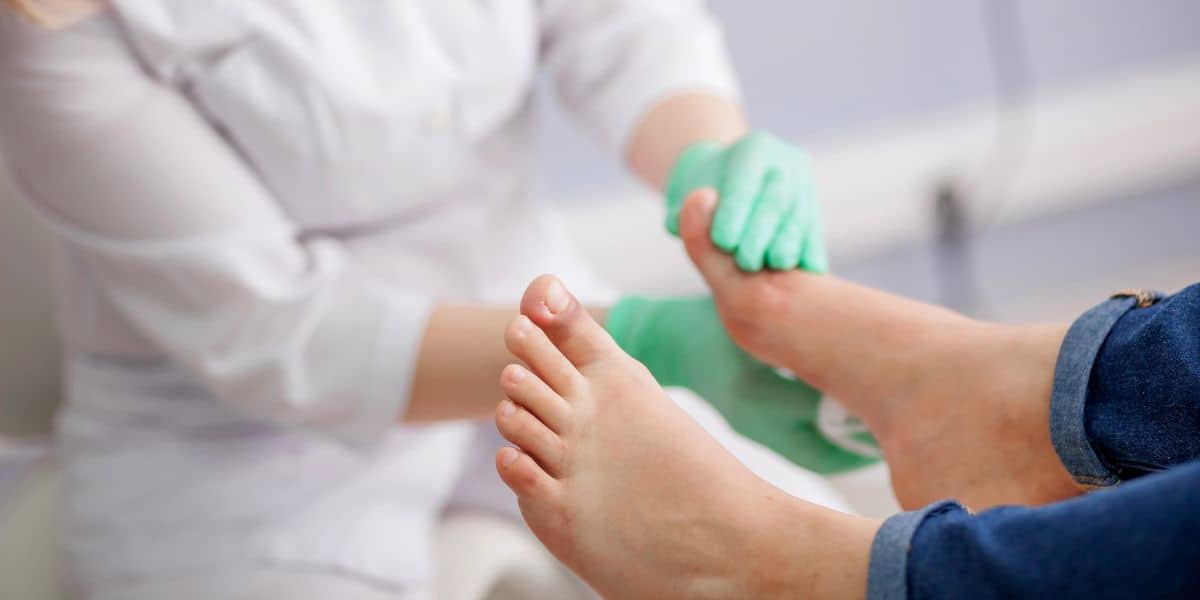 Listen Now
Non-Surgical Treatment for Plantar Fasciitis – What Are Your Options?
Read More
Listen Now
Non-Surgical Treatment for Plantar Fasciitis – What Are Your Options?
Read More
-
 Listen Now
Swollen Feet During Pregnancy
Read More
Listen Now
Swollen Feet During Pregnancy
Read More
-
 Listen Now
What Are Shin Splints?
Read More
Listen Now
What Are Shin Splints?
Read More
-
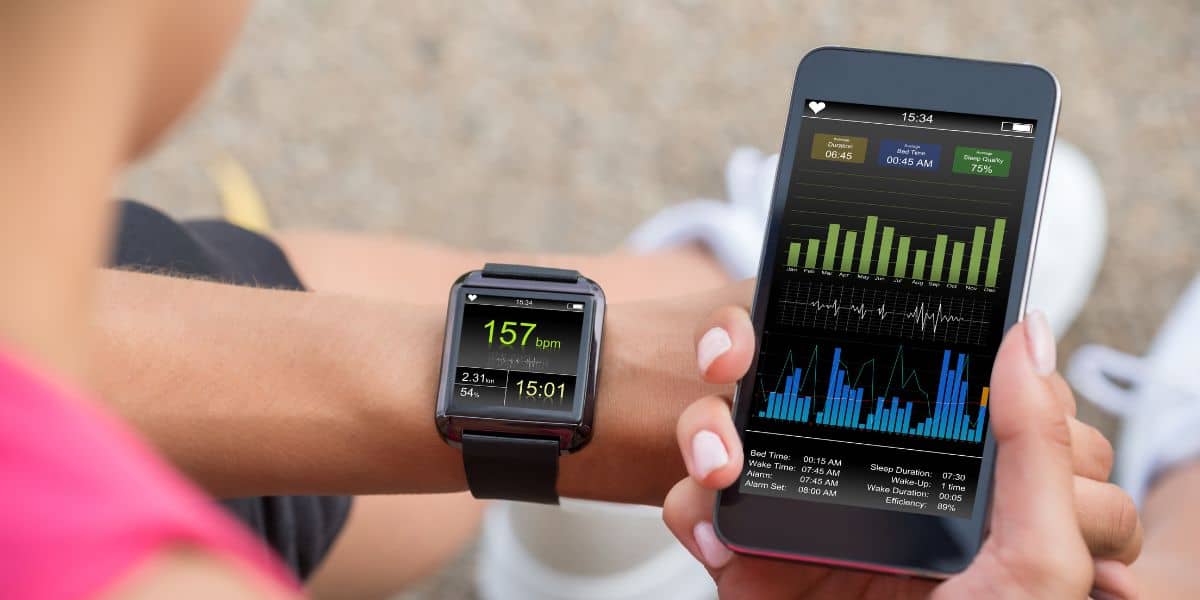 Listen Now
How Many Steps Do I Need A Day?
Read More
Listen Now
How Many Steps Do I Need A Day?
Read More
-
 Listen Now
Bunion Surgery for Athletes: Can We Make It Less Disruptive?
Read More
Listen Now
Bunion Surgery for Athletes: Can We Make It Less Disruptive?
Read More
-
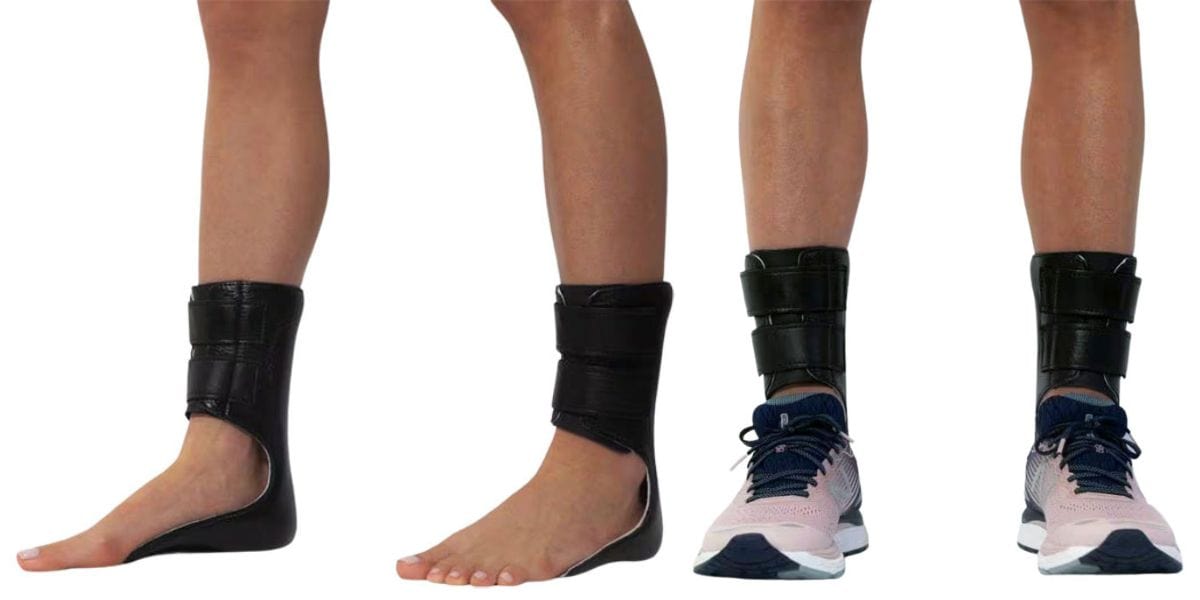 Listen Now
Moore Balance Brace: Enhance Stability and Prevent Falls for Better Mobility
Read More
Listen Now
Moore Balance Brace: Enhance Stability and Prevent Falls for Better Mobility
Read More
-
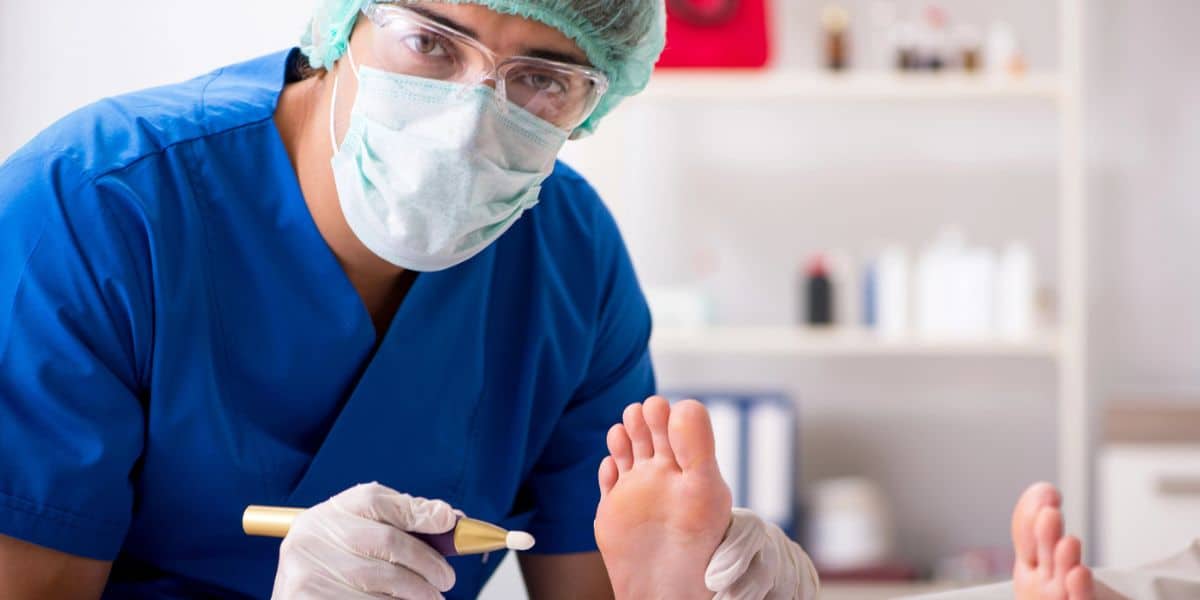 Listen Now
Should I See a Podiatrist or Orthopedist for Foot Pain and Ankle Problems?
Read More
Listen Now
Should I See a Podiatrist or Orthopedist for Foot Pain and Ankle Problems?
Read More
-
 Listen Now
How To Tell If You Have Wide Feet
Read More
Listen Now
How To Tell If You Have Wide Feet
Read More














